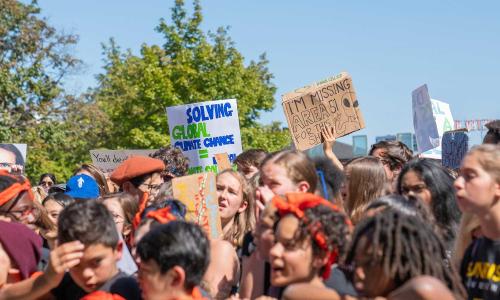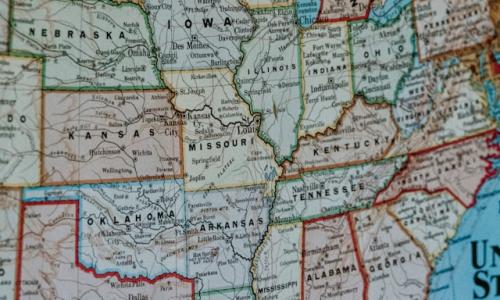The problem
When decisionmakers in Congress, the White House, or agencies like the EPA ignore science, our health, safety, and environment are at stake. Too many policies, such as protections for drinking water or the air we breathe, are based on special interests and political agendas instead of science. This exacerbates already intolerable racial and economic inequities in our society.
Science and scientists can help address these inequities. But it’s important to acknowledge that people practicing science have built and maintained barriers for people who are Black, brown, Indigenous, and/or who live in low-income communities to participate in the field, both intentionally and unintentionally. Exclusion from decisionmaking means bearing the burden of health and environmental impacts such as climate change and access to healthy food. Exclusion from the field means limited access to the benefits of scientific and technological advances.
Scientists can play a vital role in advancing equitable, science-based policy solutions for our most pressing problems, and ensuring that the benefits of their work reach everyone. However, many scientists, including those with marginalized identities, aren’t appropriately trained or given the opportunity to transform their concerns for their communities and others into action.
Our vision
The Science Network taps the power of science and scientists to work for a functioning, just democracy where all voices are heard. Everyone must have access to scientific information about the issues that affect their communities; those communities most burdened by environmental and health disparities must have a role in creating and implementing solutions. Science Network members are engaged scientists who recognize their power as constituents and advocates to achieve these goals.
The Science Network impact
Science Network trainings, resources, and community conversations help members understand what role they may play in upholding societal inequities, and provide opportunities to work for justice for all. With their new skills and training, members are prepared to defend against attacks on science and to more effectively advocate for equitable, evidence-based solutions that protect people’s health, safety, and the environment. As Science Network members grow as leaders, they build community and power locally—which advances a culture of civic engagement, creates more resistance to attacks on science, and strengthens the role of evidence-based policymaking across all levels of government. Science Network members also work to increase public access to scientific information and spread a broader understanding of the effects of policies on our health and environment. This leads to informed public discussions and decisions that include and center impacted people, with a focus on Black, brown, Indigenous, and low-income communities.
The Science Network supports scientists throughout the country who seek to expand their engagement in advocacy for equity and justice, and helps put their passion, connections, and resources to work for more evidence-informed policymaking, stronger public health protections, and a safer world for all.




